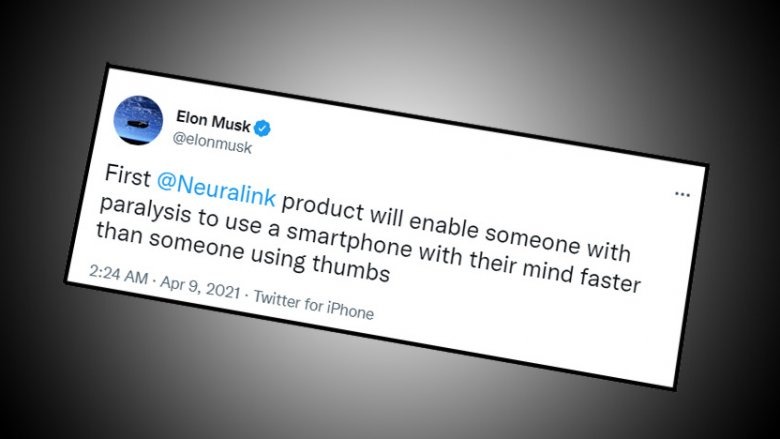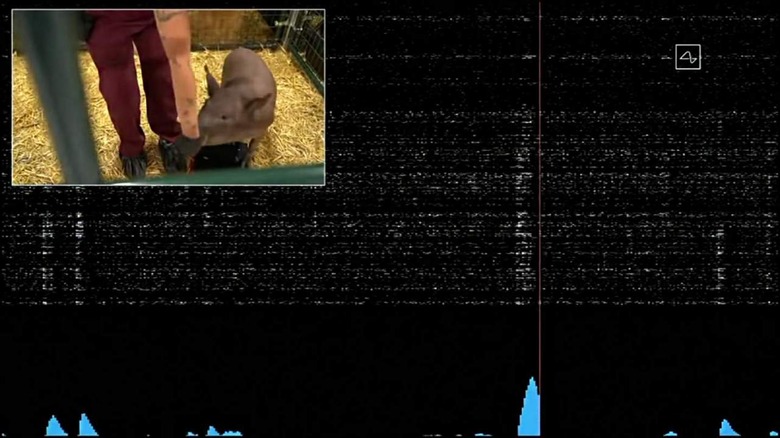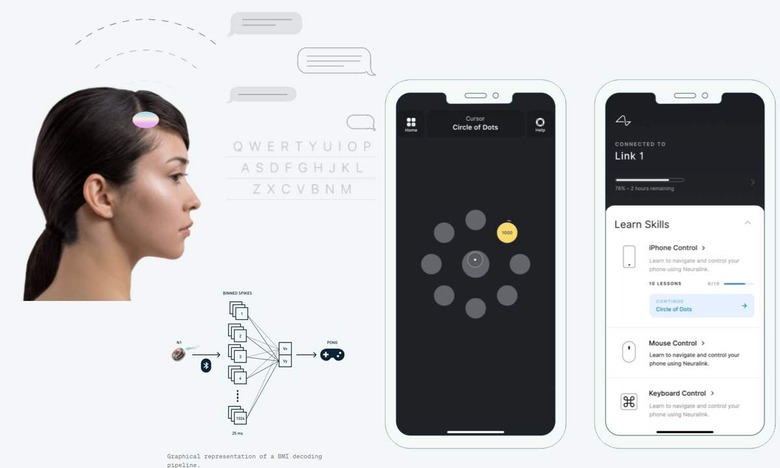Elon Musk's brain chip company Neuralink aims for clinical trials
Thinking of Elon Musk usually produces an image of a Tesla or simply a mountain of money, but soon enough, this might change. Musk is the co-founder of Neuralink, a company that produces microchips meant to one day help paralyzed people navigate the world with their brain. The development of the microchips is well underway, and the company has just started recruiting staff to soon begin clinical trials on humans.
The news about the upcoming clinical trials did not come directly from Neuralink. Instead, a job posting appeared on Greenhouse, advertising for a clinical trial director as well as other positions. Unsurprisingly, the job requires a lot from its applicants, but it also offers "An opportunity to change the world and work with some of the smartest and the most talented experts from different fields."

Neuralink has a lot of untapped potential that scientists are working to turn into a realistic solution. According to Musk, Neuralink could one day restore full-body functionality to people who suffered severe spinal cord injuries, like quadriplegics and tetraplegics. The billionaire stated in 2021 that "[Neuralink] will enable someone with paralysis to use a smartphone with their mind faster than someone using thumbs."
Neuralink is already being tested on animals
While Elon Musk looks to the future, Neuralink's scientists continue their efforts to create working microchips that monitor brainwaves and can be connected to other devices to allow control over them. The company shares some of its current developments on its YouTube channel. A few of the most recent videos include two animals with Neuralink implants: A macaque named Pager and a pig called Gertrude.
Shown in two separate videos, Pager seems to be a healthy, intelligent animal. The macaque has learned how to play a simple catch-the-square game and is shown playing it in a video (shown below), being rewarded with a banana smoothie for his successes. The monkey controls the joystick and successfully completes every task.
https://www.youtube.com/watch?v=LgJpYOTll8U
Meanwhile, the two Neuralink chips in Pager's brain are connected to a mobile phone used by one of Neuralink's scientists. At some point in the video, the joystick is unplugged, but Pager continues playing the game through the Neuralink chips implanted in his brain. He then goes on to play Pong with great success, once again using Neuralink to do so.
https://www.youtube.com/watch?v=iSutodqCZ74
The second animal showcased on Neuralink's channel, Gertrude, is not shown playing any games — but her brain activity is being reported instantaneously and accurately. Her Neuralink has been implanted in an area of the brain connected to the snout. Each and every time her snout touches something, Neuralink reports it in real-time, showing that the chip is working — and so far, the animal seems to be in great shape.
What's next for Neuralink?
Image: Neuralink
As the animal tests seem to be going well and clinical trials are in the picture, it could be that Neuralink is closer than ever imagined. Elon Musk recently told Wall Street Journal: "We hope to have this in our first humans, which will be people that have severe spinal cord injuries like tetraplegics, quadriplegics, next year." He mentioned that the project still requires the approval of FDA (Food and Drug Administration.)
Neuralink makes frequent appearances on Musk Twitter, where he talks about the technology. In a tweet from December 2021, Musk compared using Neuralink to replacing faulty circuits. Ultimately, the goal is to allow paralyzed people to control all kinds of devices with just the use of their minds by simply imagining the required hand movements.
Whether Musk's prediction about the start date for clinical trials is correct or not, it's clear that Neuralink is — at the very least — trying to build a team for that. This brings us closer to a future where this technology might help those who need it the most.


